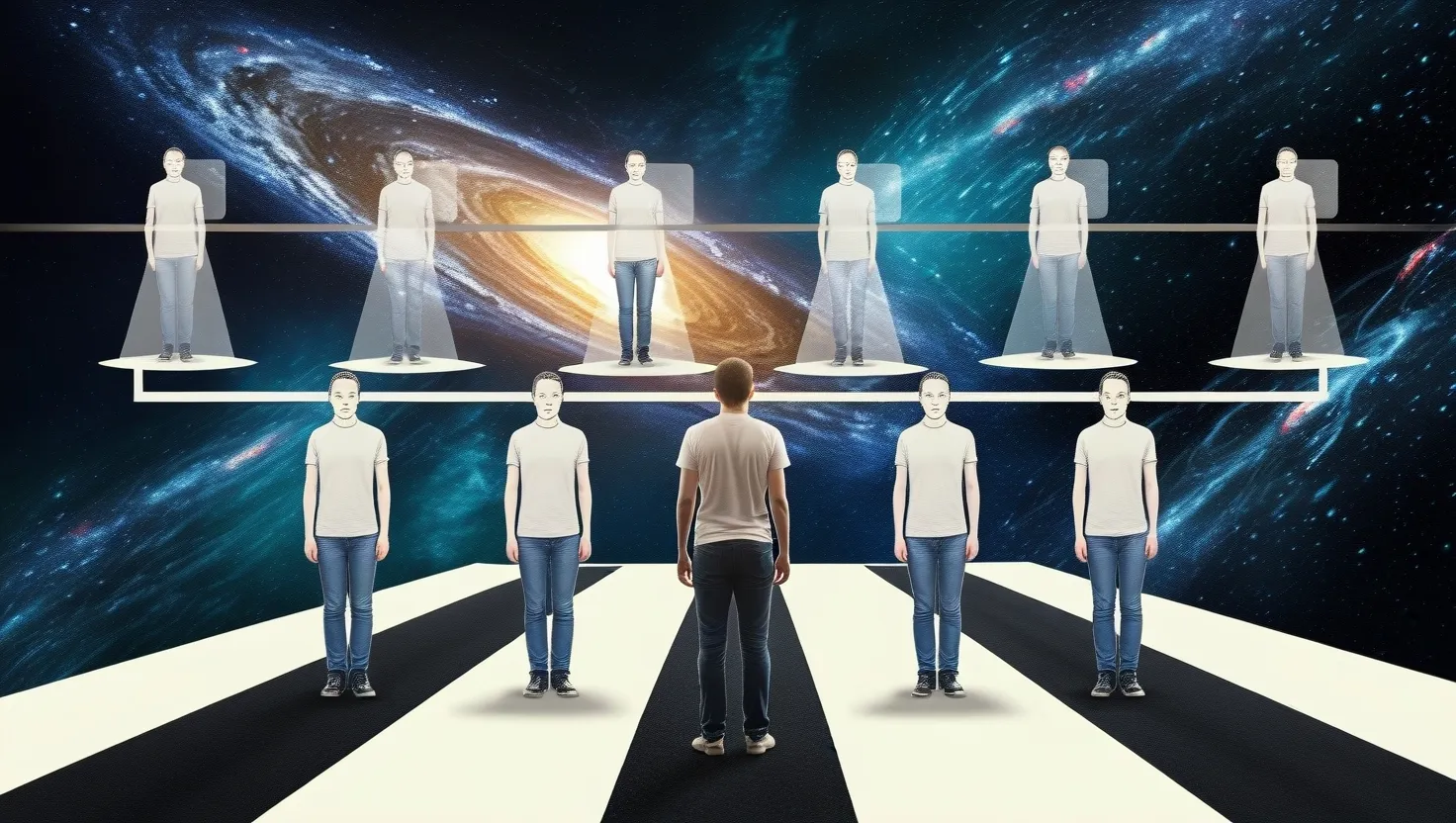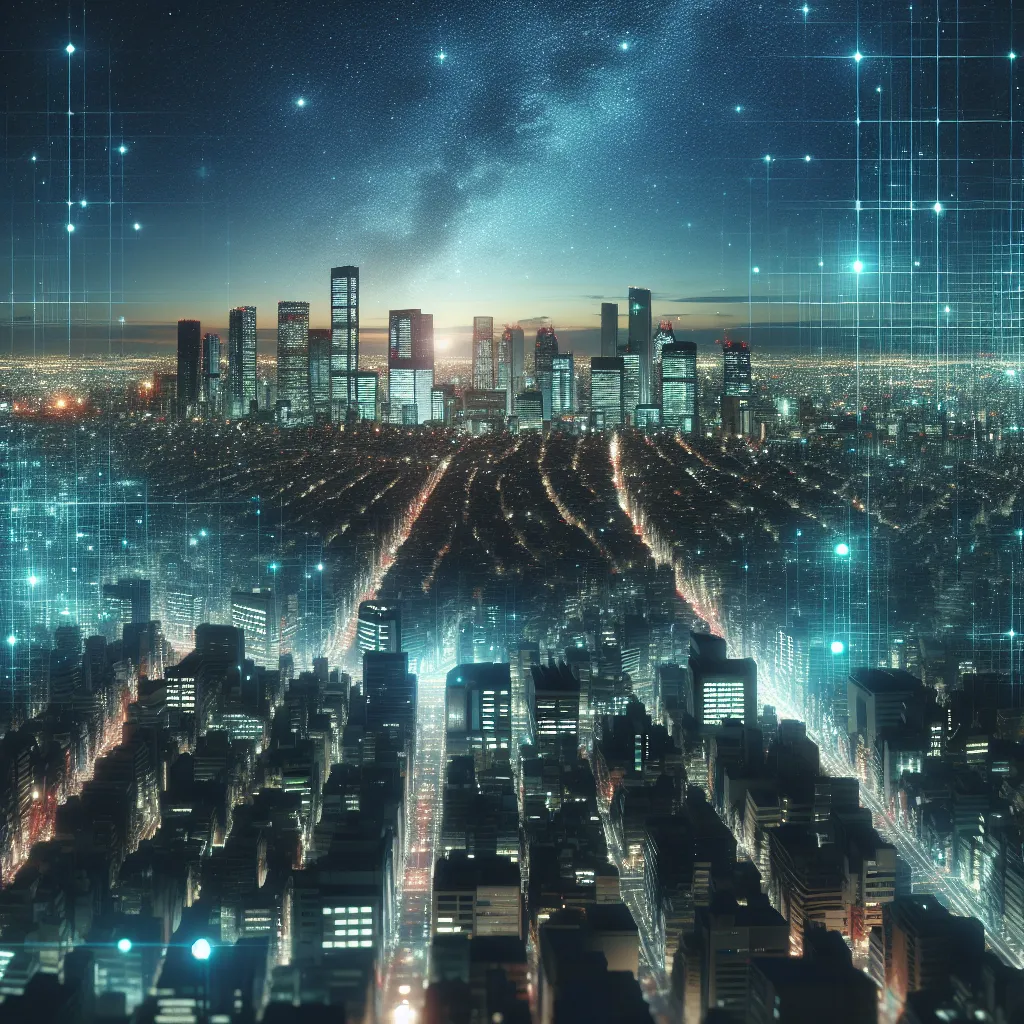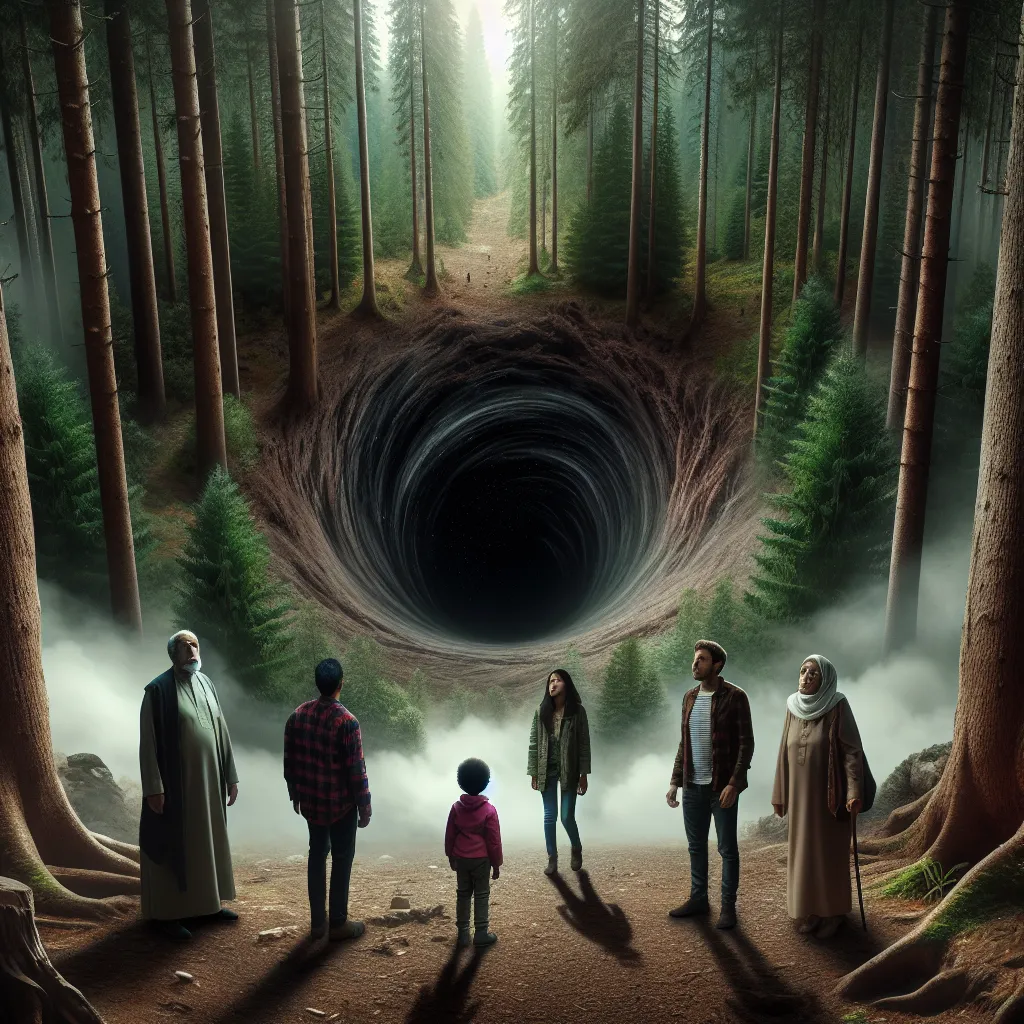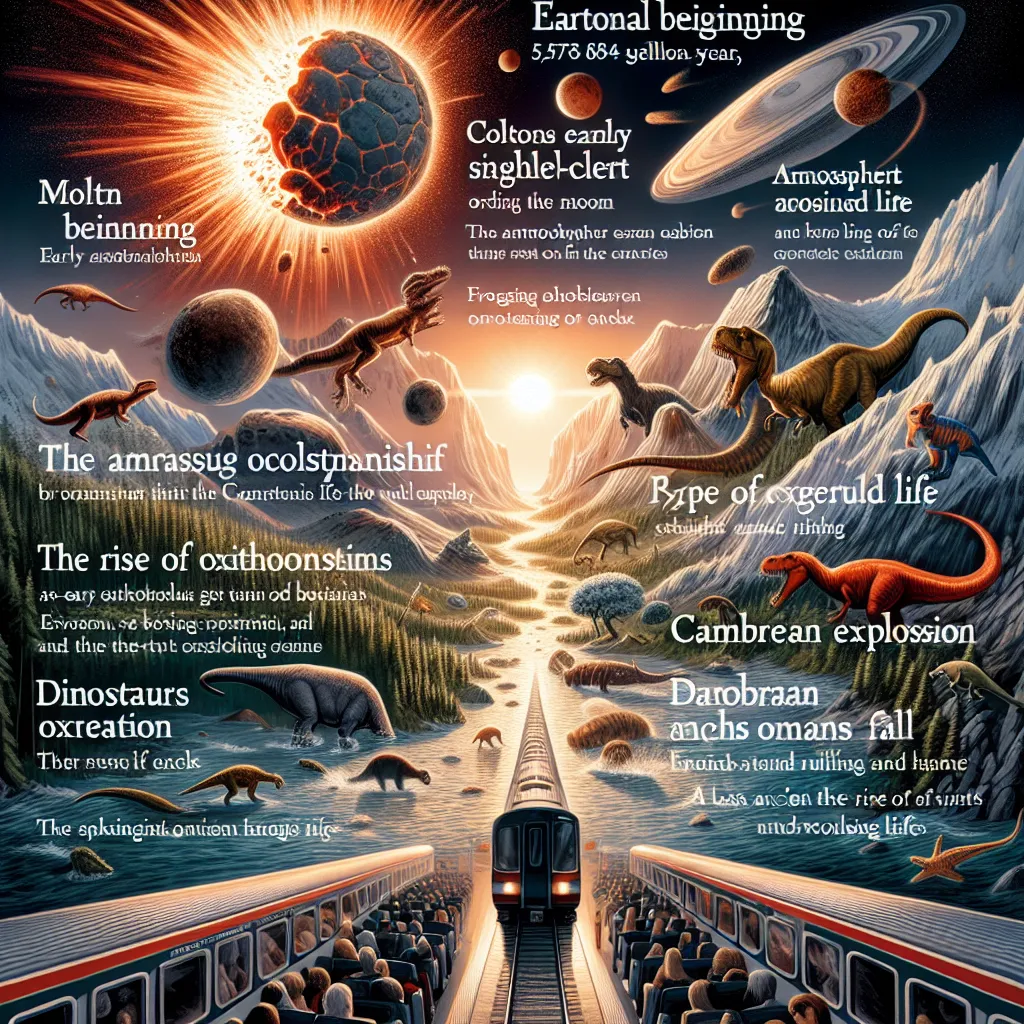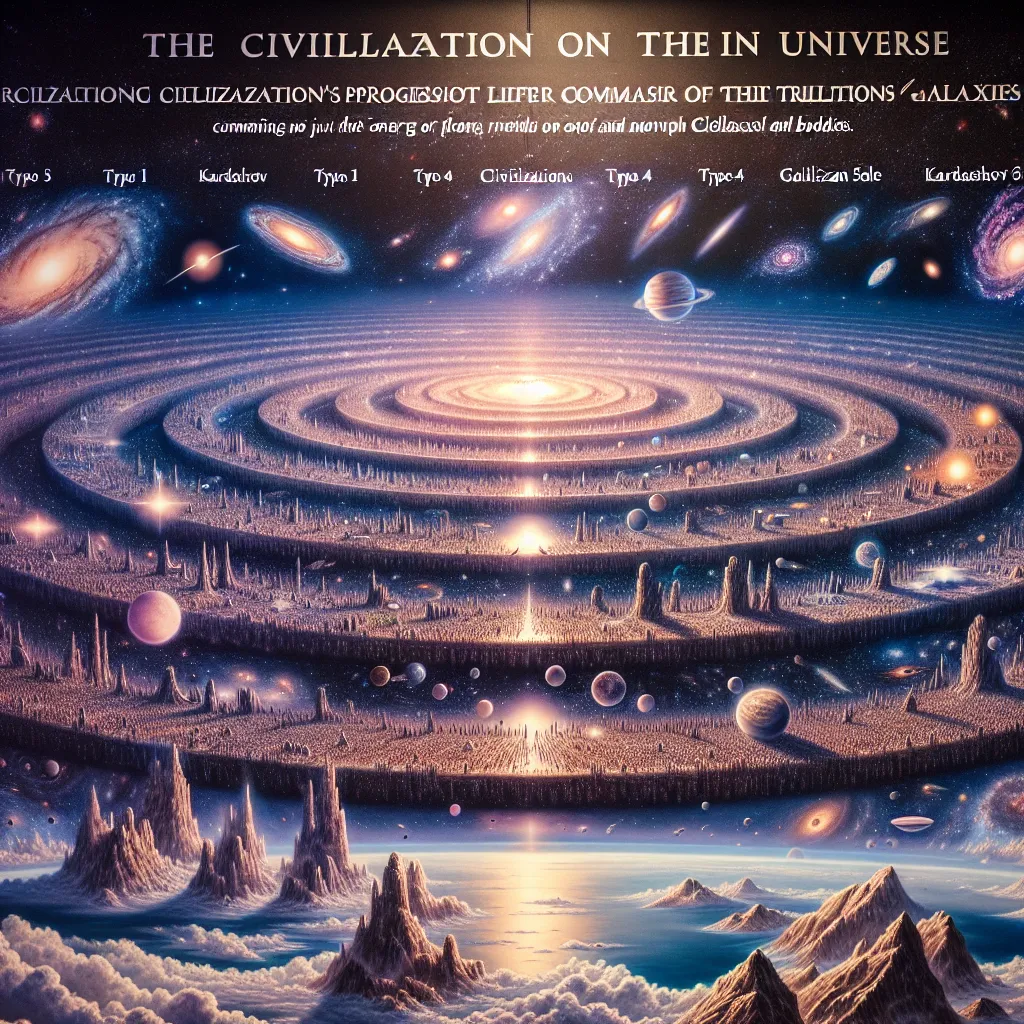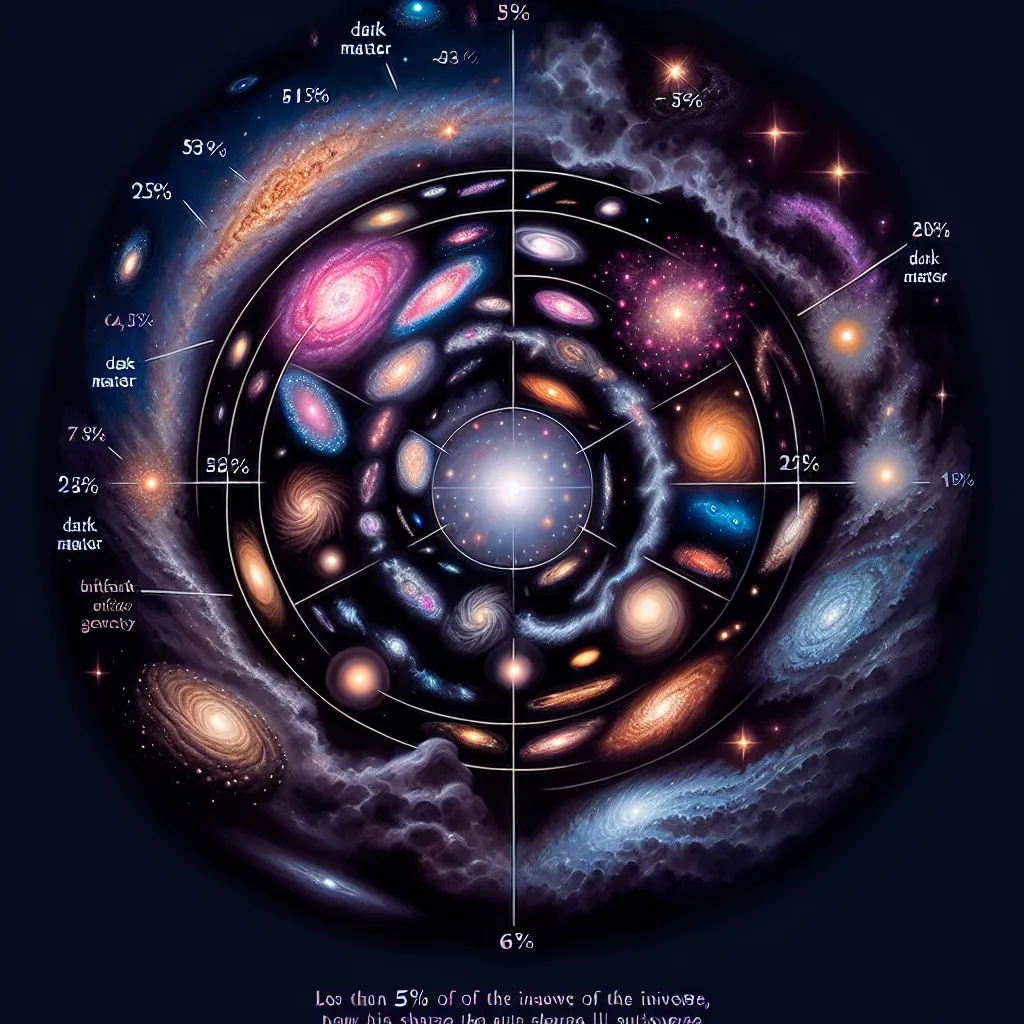Imagine a world where every decision you make creates a new universe, and in each of these universes, there is a version of you living a life that diverged from yours at that exact moment. This concept, rooted in the many-worlds interpretation of quantum mechanics, suggests that our reality is just one of countless parallel realities, each with its own version of you.
The Many-Worlds Interpretation
This theory, first proposed by Hugh Everett in 1957, posits that every quantum event leads to the creation of a new universe. When you measure the path of an electron, for instance, in one universe it might go one way, and in another, it might go the other. This process of branching universes is endless, with every interaction between quantum entities potentially creating new parallel worlds.
The Multiverse and You
In this vast multiverse, each universe is independently existing, with its own set of physical laws and constants. The idea is mind-boggling: every possibility, no matter how small or significant, is realized in some universe. This raises intriguing questions about the nature of reality and our place within it. Are we just one version of ourselves, or are there countless others out there, each living a different life?
Interacting Realities?
The concept of parallel universes is fascinating, but what if these realities aren’t as separate as we think? Some researchers suggest that quantum effects could allow different versions of you to subtly interact. This interaction could influence your thoughts, decisions, and even your luck. It’s a notion that challenges our understanding of free will and the fabric of reality itself.
Déjà Vu and Quantum Influence
Have you ever experienced déjà vu – that feeling of having lived through a moment before, even if you know you haven’t? Some speculate that this could be a result of interactions between parallel universes. Perhaps a version of you from another universe is influencing your current reality, causing that eerie sense of familiarity.
Sudden Inspirations
Those sudden bursts of inspiration or gut feelings that seem to come out of nowhere might also be attributed to these interactions. Imagine a version of you who made different choices, leading to different outcomes, and somehow, their experiences are bleeding into your reality. It’s a thought that both excites and unsettles, as it suggests that our lives are not entirely our own.
The Energy Question
One of the criticisms of the many-worlds interpretation is the energy required to create these new universes. How does the universe manage to split into countless parallel realities without running out of energy? David Deutsch’s version of the many-worlds interpretation offers a solution: he proposes that these parallel universes already exist, and the energy isn’t being created anew but is simply being distributed differently. This approach avoids the energy dilemma but introduces new questions about the existence and interaction of these universes.
Philosophical Implications
The idea of parallel universes and interacting realities shakes our views on identity and selfhood. If there are countless versions of you, which one is the “real” you? This question challenges traditional notions of identity and forces us to reconsider what it means to be ourselves. It’s a philosophical conundrum that has sparked debates among scientists and philosophers alike.
Doppelgängers in Science and Culture
The concept of doppelgängers, or duplicate selves, is not new to science or culture. In literature and psychology, doppelgängers often represent the dual nature of human identity – the eternal soul and the shadow self. Naomi Klein’s exploration of her doppelganger, Naomi Wolf, highlights the cultural struggle with duplicity and the blurring of lines between real-life selves and online personas.
Digital Doppelgängers
In today’s digital age, the concept of doppelgängers takes on a new form. Our online personas can overshadow our real-life selves, creating digital doubles that are often more polished and idealized. Mark Zuckerberg’s vision of the Metaverse, where we are represented by personalized avatars, further complicates this issue. Here, the line between our real selves and our digital representations becomes increasingly blurred.
The Metaverse and Identity
The Metaverse, with its personalized avatars, raises questions about authenticity and identity. If we can create digital versions of ourselves that are more appealing than our real selves, do we risk losing touch with our true identities? The case of AI Yoon, a deepfake version of South Korea’s President Yoon Suk-yeol, who was found more authentic by some voters, highlights this dilemma. It shows how easily our perceptions of reality and identity can be manipulated in the digital world.
Cosmic Implications
The multiverse theory, with its many parallel universes, also has cosmic implications. The inflationary universe model suggests that the rapid expansion of the universe post-Big Bang could have led to the creation of multiple, separate universes. Each of these universes might have different physical laws and constants, leading to vastly different realities.
The Anthropic Principle
The anthropic principle, which states that the universe must be right for us to exist, adds another layer of complexity. If our universe is just one of many, the fine-tuned features that allow for life might not be surprising at all. This principle makes us question whether our existence is a result of chance or necessity within the multiverse.
Personal Reflections
As I delve into this mind-bending world, I find myself wondering about the versions of me that exist in other universes. Are they making different choices, living different lives? Do they face the same challenges and joys that I do? The thought is both exhilarating and humbling, reminding me that my reality is just one of many possibilities.
The Crowd of “Yous”
The idea that a crowd of “yous” might be influencing my life is a sobering one. It challenges my sense of control and free will. If my decisions are being subtly influenced by versions of myself from other universes, am I really calling the shots in my life? Or am I just a part of a larger, interconnected web of realities?
Conclusion
The quantum doppelgänger effect is a fascinating and complex concept that blends science and speculation. It forces us to question the nature of reality, identity, and free will. While it may seem like science fiction, it is a theory that has significant implications for how we understand ourselves and the universe around us. As we continue to explore this idea, we may uncover more about the intricate web of parallel realities and the versions of ourselves that inhabit them. In the end, it’s a journey that not only expands our knowledge but also challenges our very understanding of what it means to be human.
